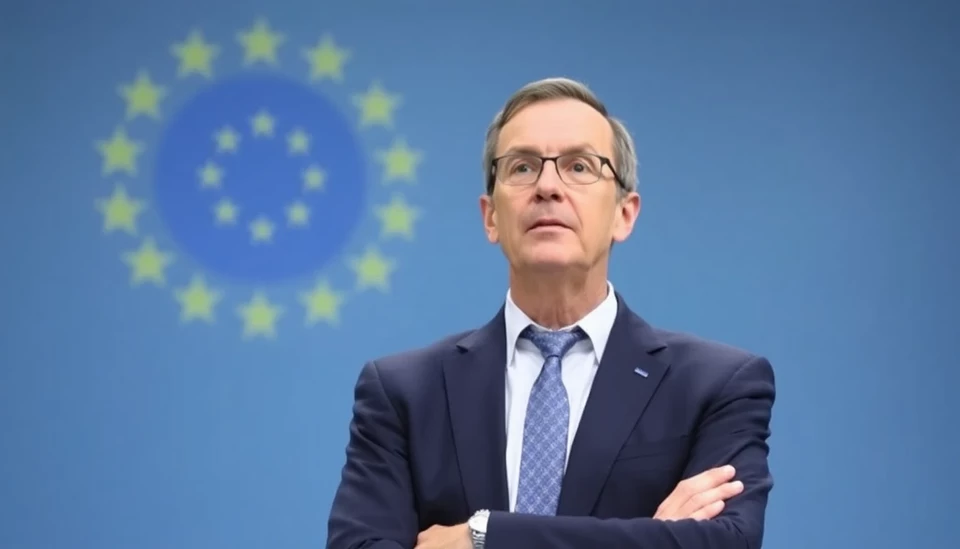
In a notable statement that has captured the attention of financial markets, François Villeroy de Galhau, a member of the European Central Bank (ECB) governing council, suggested on Tuesday that the central bank might have to lower interest rates to encourage economic growth. His remarks come amid rising concerns about the sluggish performance of the Eurozone economy and dwindling inflation rates.
Villeroy, who also serves as the Governor of the Banque de France, emphasized that while the ECB's current monetary policy stance has been effective, signs of economic stagnation possibly call for a reassessment. "We may need to consider that the rates are too high for our current economic environment, and moving towards more stimulative levels might be warranted," he stated during a panel discussion in Paris.
The call for possible interest rate reductions indicates an acknowledgment that the Eurozone’s economic recovery from the post-pandemic slump has been slower than anticipated. Inflation rates in recent months have shown a downward trend, which aligns with concerns over a potential economic downturn. Villeroy pointed out that central banks globally are facing similar challenges, with many already starting to ease off their previous rate hikes.
In light of these developments, observers are speculating about the ECB's next moves, particularly after its latest policy meeting where rates were held steady. Investors are keenly watching the central bank's signals, as a rate cut could significantly influence borrowing costs across the region, thereby affecting consumer spending and business investment.
Villeroy's comments echo sentiments expressed by other ECB officials who have noted the necessity for maintaining a flexible approach to monetary policy. This flexibility is deemed essential in navigating the complexities of a recovering economy while ensuring that inflation remains in check. More recent data indicates that the Eurozone is grappling with broader economic challenges, including energy price fluctuations and geopolitical tensions that could hinder growth.
Market analysts are increasingly divided on whether rate cuts are imminent, with some believing that the ECB may still hold off till it sees clearer signs of economic recovery. The dynamics between inflation control and stimulating growth create a delicate balance that the ECB must navigate adeptly.
As the end of the year approaches, the pressure mounts for the ECB to clarify its position. With Villeroy's input, a clear call for action has been issued, highlighting the need for continuous assessment of economic policies to foster a healthier economic environment in the Eurozone.
In summary, the prospect of interest rate reductions in the Eurozone has opened up a crucial debate among economists and policymakers alike, especially as the ECB seeks to fine-tune its strategy in a fast-evolving economic landscape.
#ECB #InterestRates #EconomicGrowth #Eurozone #MonetaryPolicy #Villeroy #FinanceNews
Author: Daniel Foster




